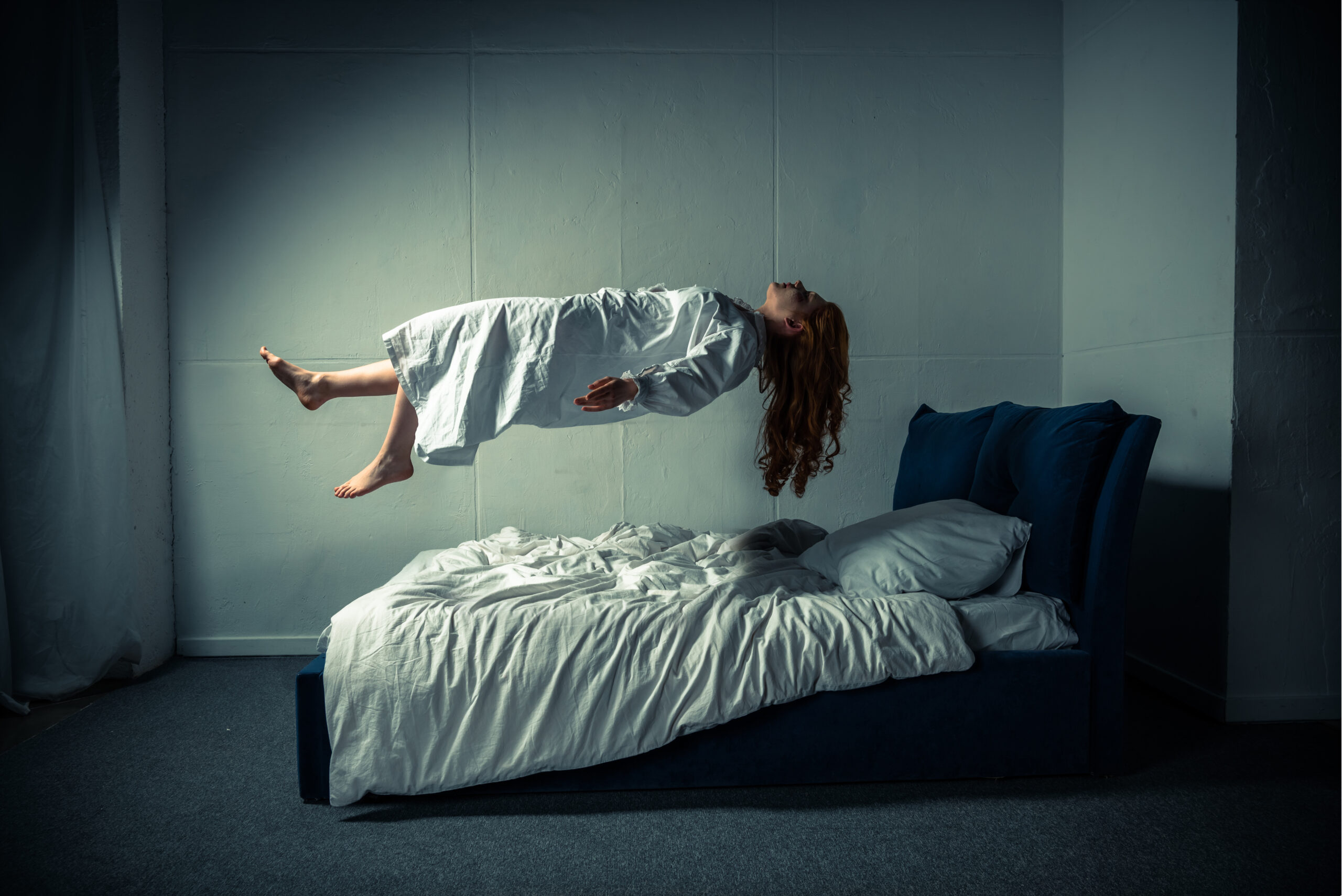Sleep paralysis is a phenomenon that has intrigued scientists and frightened those who experience it. It occurs when a person is temporarily unable to move or speak while falling asleep or waking up. This often frightening experience can last from a few seconds to several minutes and is sometimes accompanied by hallucinations. While sleep paralysis itself is not considered dangerous, its connection to mental health issues is a topic worth exploring.
Understanding Sleep Paralysis
Sleep paralysis happens during one of two times: either when you are falling asleep (hypnagogic) or waking up (hypnopompic). During these times, the body transitions between wakefulness and sleep, and there can be a disconnect between the mind and the body. When sleep paralysis occurs, the brain is awake, but the body remains in a state of REM (Rapid Eye Movement) sleep paralysis, which is a natural part of the sleep cycle meant to prevent us from acting out our dreams.
Common Triggers of Sleep Paralysis
Several factors can increase the likelihood of experiencing sleep paralysis, including:
- Sleep Deprivation: Lack of sleep is one of the most common triggers. Maintaining a regular sleep schedule can help reduce occurrences.
- Irregular Sleep Patterns: Disruptions in your sleep cycle, often due to shift work or travel, can trigger episodes.
- Stress and Anxiety: High levels of stress and anxiety can lead to disturbed sleep, which in turn can increase the likelihood of sleep paralysis.
- Sleep Disorders: Conditions such as narcolepsy and sleep apnea have been linked to higher incidences of sleep paralysis.
- Substance Use: The use of alcohol and certain medications can interfere with the sleep cycle and contribute to sleep paralysis.
The Link Between Sleep Paralysis and Mental Health
The relationship between sleep paralysis and mental health is complex and multifaceted. Here are some key points to consider:
- Anxiety and Panic Disorders: Individuals with high levels of anxiety or panic disorders are more likely to experience sleep paralysis. The fear and helplessness during an episode can exacerbate anxiety symptoms, creating a vicious cycle.
- Depression: There is a significant correlation between sleep paralysis and depression. Depressive symptoms can disrupt normal sleep patterns, increasing the risk of experiencing sleep paralysis.
- Post-Traumatic Stress Disorder (PTSD): People with PTSD are at a higher risk of sleep disturbances, including sleep paralysis. The traumatic experiences can manifest in sleep, leading to distressing episodes.
- Stress: Chronic stress can lead to sleep disturbances, including sleep paralysis. Stress management techniques such as mindfulness, meditation, and therapy can help reduce the frequency of episodes.
- Psychotic Disorders: There is some evidence to suggest that individuals with psychotic disorders, such as schizophrenia, may experience sleep paralysis more frequently. This could be due to the overlap of hallucinations in both conditions.
Coping Strategies and Treatment
Managing sleep paralysis involves addressing both sleep hygiene and underlying mental health issues. Here are some strategies:
- Maintain a Regular Sleep Schedule: Go to bed and wake up at the same time every day to regulate your sleep cycle.
- Create a Relaxing Bedtime Routine: Engage in calming activities before bed, such as reading or taking a warm bath.
- Reduce Stress and Anxiety: Practices like meditation, deep breathing exercises, and yoga can help reduce overall stress levels.
- Seek Professional Help: If sleep paralysis is frequent and distressing, consulting with a healthcare provider or a mental health professional can provide relief. Therapy and medication may be recommended to manage anxiety, depression, or other underlying conditions.
- Avoid Stimulants: Limit the intake of caffeine and alcohol, especially before bedtime, as these can disrupt sleep patterns.
Conclusion
Sleep paralysis can be a distressing experience, particularly when it occurs frequently. Understanding its connection to mental health can help in finding effective strategies to manage and reduce episodes. By addressing sleep hygiene and mental health, individuals can find relief and improve their overall well-being. If you or someone you know is struggling with sleep paralysis and related mental health issues, reaching out to a healthcare provider can be the first step towards recovery.

